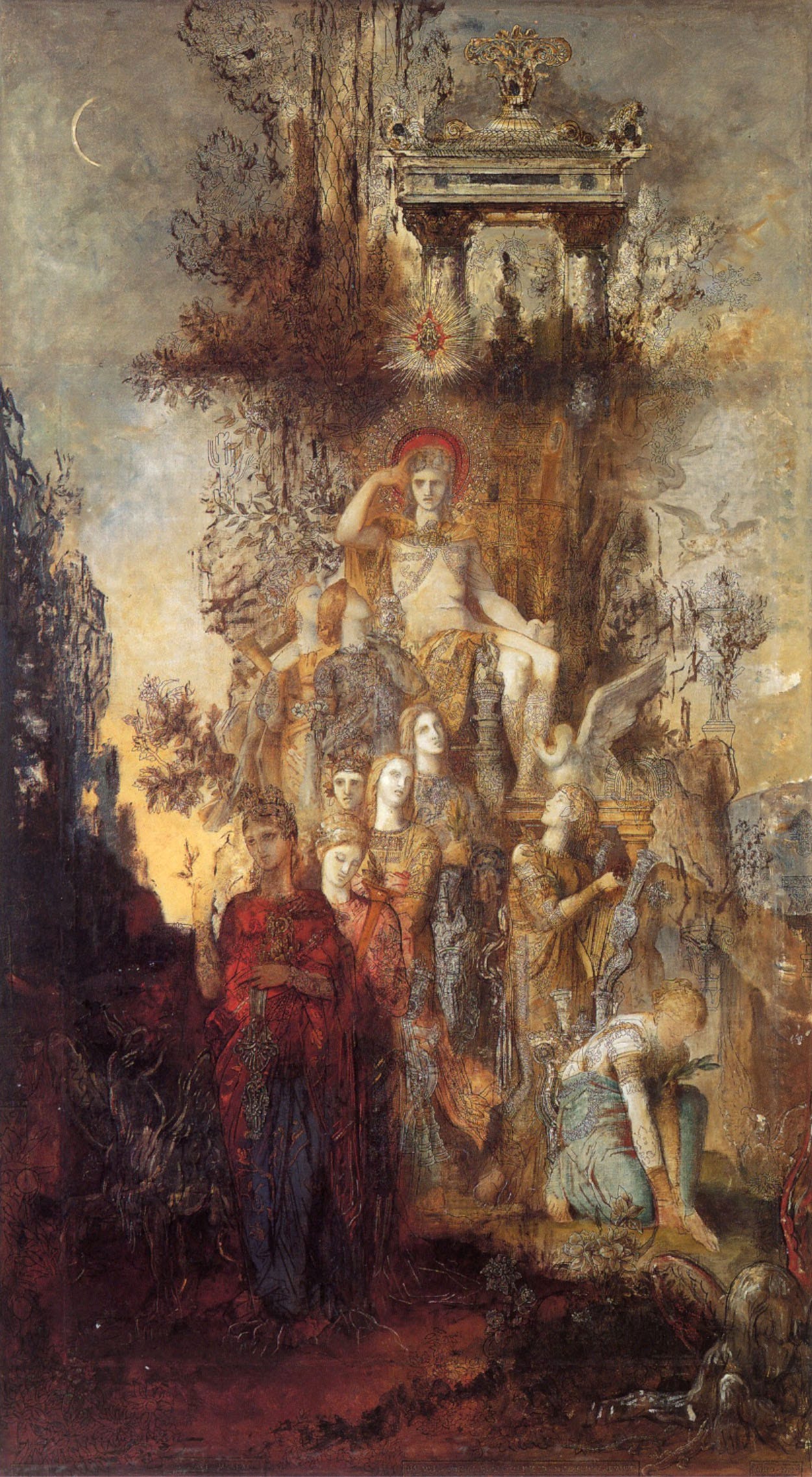This piece, a continuation of the previous tale, took longer to compile than first anticipated, and it was due to the questions I had set to answer, but let us start and dive in immediately.

“O, for a muse of fire that would ascend the brightest heaven of invention”
Muse of fire? Ascend? Brightest heaven of invention?
It is lik…



